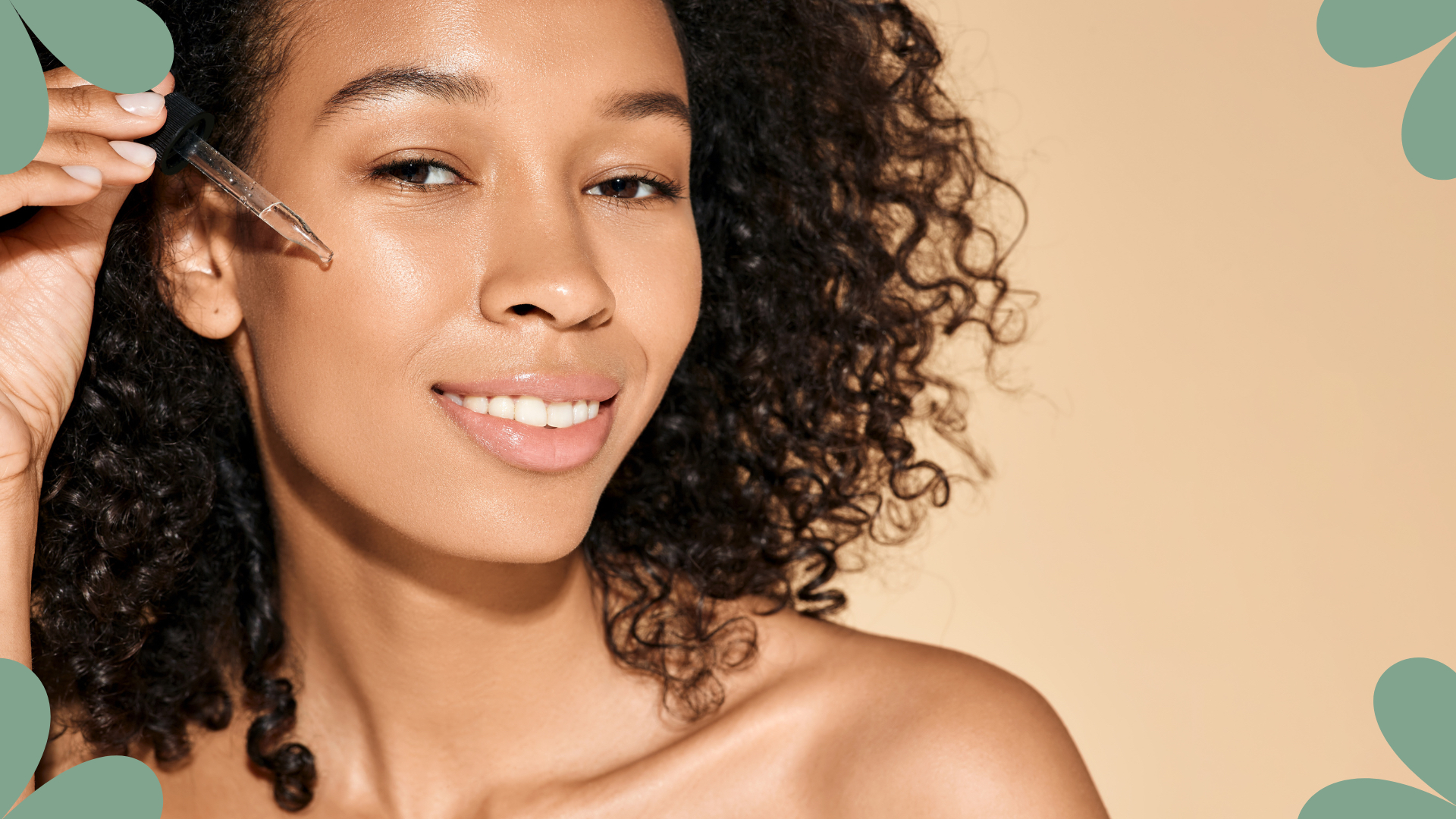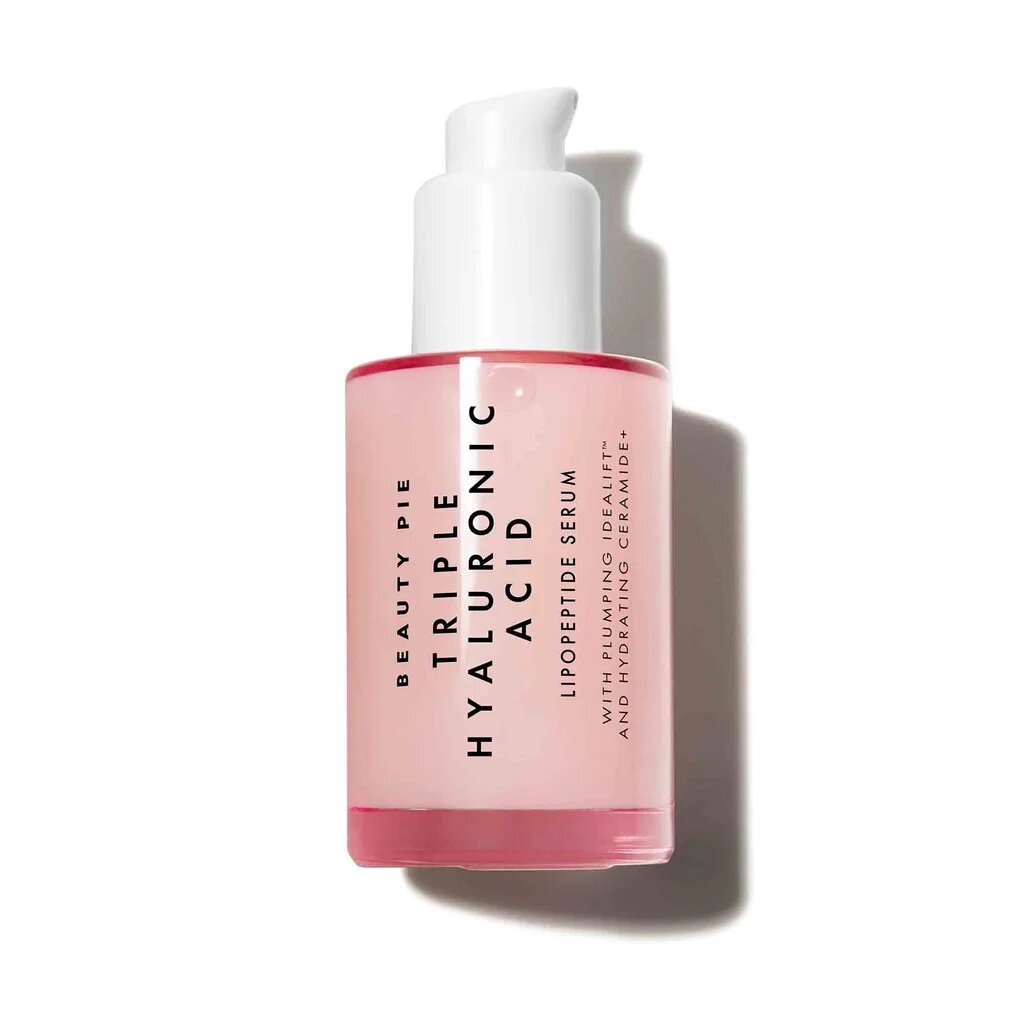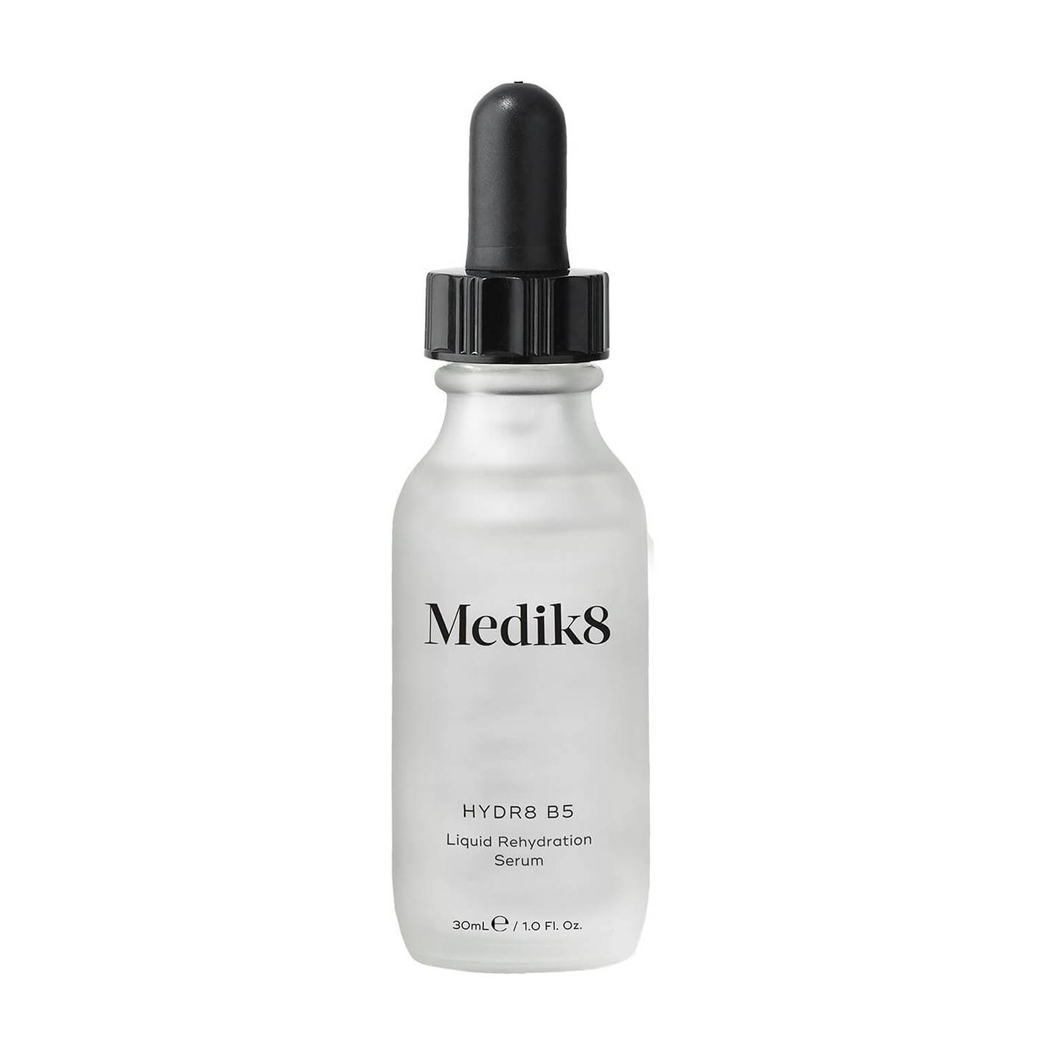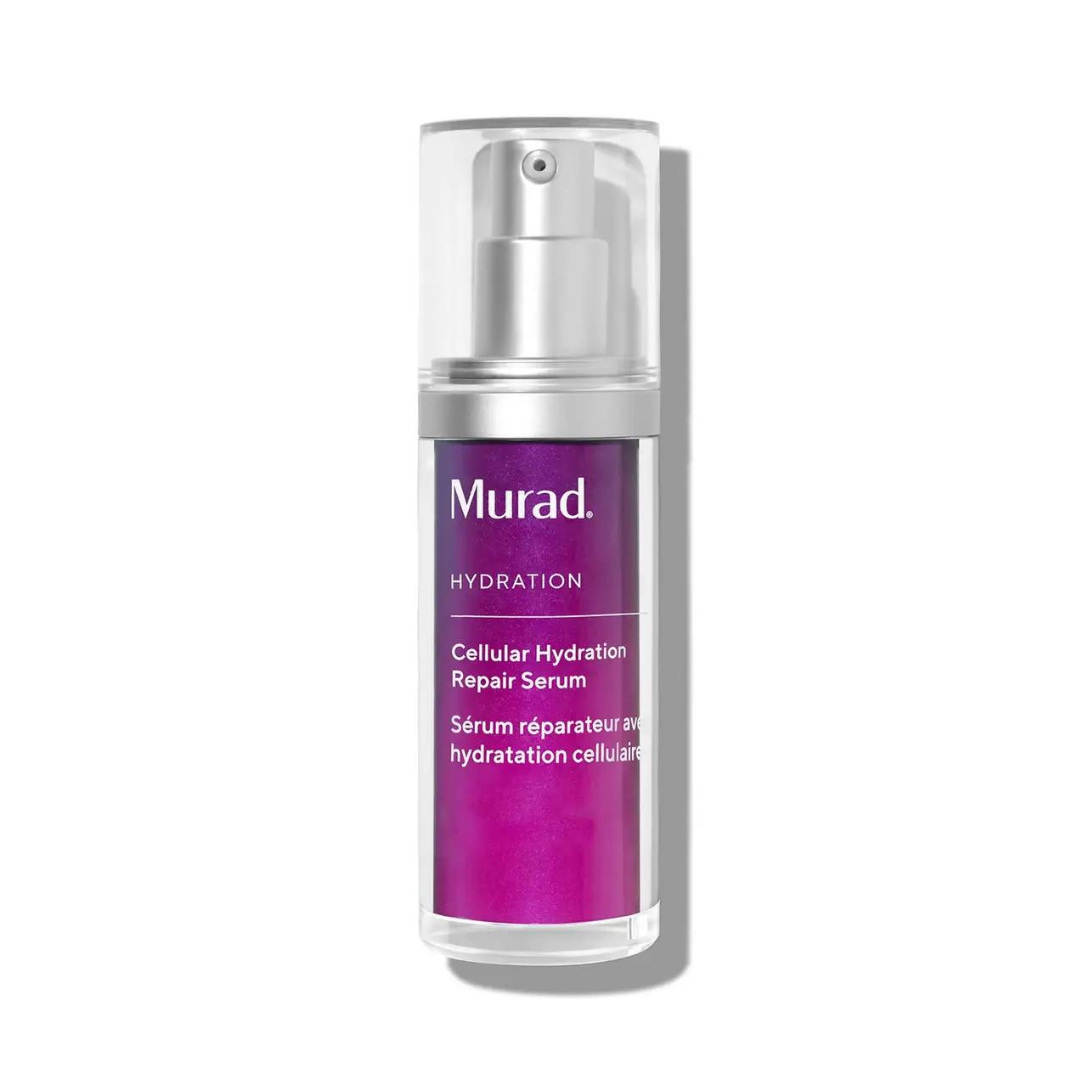What does hyaluronic acid do for skin? Experts explain why it's worth adding to your routine
Two skin experts break down the benefits of hyaluronic acid in skincare


It’s one of the most popular skincare ingredients that you’ll see splashed across the packaging of serums, moisturisers, cleansers and more. But you may still be wondering, what does hyaluronic acid do, exactly?
Taking centre stage in the best hyaluronic acid serums, perhaps its most famous quality – and the one that’s probably most often cited – is its ability to hold up to 1,000 times its own weight in water, among others.
To get a clear steer of its benefits, I asked two doctors and skin experts to break down exactly what it does for our skin in topical products so that you can judge if it’s worth adding to your skincare routine (spoiler: you’ll probably leave here thinking it’s a resounding yes).
What does hyaluronic acid do for skin? The expert guide
What is hyaluronic acid?
Hyaluronic acid (HA) is a substance that's naturally found in our skin and is a humectant, which means it hydrates the skin by drawing water towards it. As well as skincare products, this ingredient is also found in hyaluronic acid fillers and other non-surgical aesthetic treatments, such as Profhilo.
What does hyaluronic acid do to your face in skincare?
In short, when used in skincare products, hyaluronic acid works to hydrate the skin. This in turn helps to plump it up, improve the look of fine lines and even impart a dewy radiance.
Dr Sophie Shotter, aesthetic doctor and the founder of Illuminate Skin Clinics, tells us that there are generally two types of hyaluronic acid used in topical skincare products: high and low molecular weight. “High molecular weight HA doesn’t penetrate beyond the superficial epidermis, but gives skin a plump and dewy look,” she explains. “Low molecular weight HA, on the other hand, penetrates more deeply to stimulate the fibroblast cells to produce more proteins and endogenous [made by our own bodies] HA.”
Dr Ifeoma Ejikeme, advanced cosmetic doctor and founder of the Adonia Medical Clinic, describes it as a "powerhouse" ingredient. "Its ability to retain moisture makes it a staple in skincare formulations," she says. "HA helps to plump and hydrate by attracting water to itself. It also aids in maintaining the skin's natural barrier function."
Sign up for the woman&home newsletter
Sign up to our free daily email for the latest royal and entertainment news, interesting opinion, expert advice on styling and beauty trends, and no-nonsense guides to the health and wellness questions you want answered.

RRP: £90 for non-members / £24 for members for 50ml
One of the top hyaluronic acid picks for our Digital Beauty Editor, Aleesha Badkar, this quenching serum uses three weights of hyaluronic acid to impact the skin from multiple directions, leading to a smoothed, fresh and super-hydrated complexion.

RRP: £45
Formulated with three different molecular weights of hyaluronic acid to deliver hydration at different levels of the skin, Medik8's aptly named Hydr8 B5 serum also contains vitamin B5 for plumping and hydrating results.

RRP: £72
Far more of an investment but a brilliant reparative and hydrating serum, Murad's Cellular Hydration Barrier Repair Serum packs in a clever peptide, omegas 3 and 6, bilberry seed oil and fatty acids alongside HA for an all-round barrier supporting, skin plumping and firming formula.
Can you use hyaluronic acid every day?
Yes, hyaluronic acid is generally regarded as gentle enough for everyday use. It isn’t an exfoliating acid, like salicylic acid or glycolic acid, for example, therefore there is no real risk to sensitive skin types (though it’s advisable to do a patch test before introducing a new product into your skincare routine). Because of this, it also plays well with more powerful actives, such as the best vitamin C serums. Hyaluronic acid is also non-comedogenic, a term that means it doesn’t clog pores.
You'll find it in a range of skincare products, from the best cleansers and moisturisers through to face masks, but a great way to incorporate it into your routine is through a serum. It's an ingredient that most people get on well with, so if plumper and more hydrated skin is your end goal, we don't think you'll regret adding one to your routine.
Lucy is a UK-based beauty journalist who has written for titles including Marie Claire, Glamour and OK!, as well as contributing to woman&home. Her work covers everything from expert skin and haircare advice to beauty trends and reviews of the latest products. During her career she regularly speaks to the industry's leading hairdressers, dermatologists and make-up artists, has covered backstage at London Fashion Week and interviewed many a celeb about their beauty routine.
-
 Katie Holmes proves that playful floral tailoring is the best alternative to your favourite occasionwear dresses
Katie Holmes proves that playful floral tailoring is the best alternative to your favourite occasionwear dressesThis polished option is perfect for weddings, garden parties, and everything in between
-
 Eva Mendes' cool navy summer dress is Parisian styling at its finest – and her designer bag is top of our wishlist
Eva Mendes' cool navy summer dress is Parisian styling at its finest – and her designer bag is top of our wishlistThe actress wowed in head-to-toe Stella McCartney